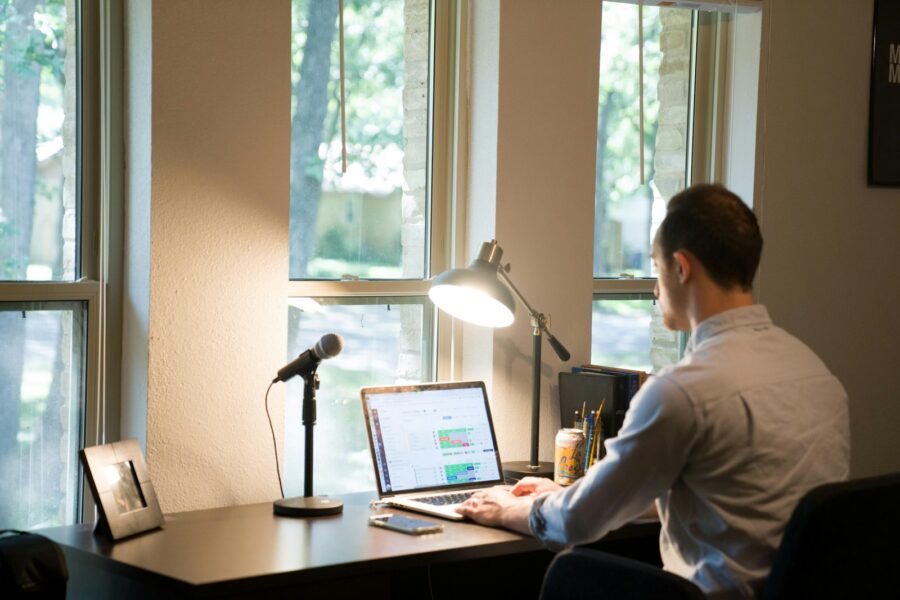A new study sheds a new light on the ongoing debate of going back to the office, being fully remote, or working in a hybrid setup.
The study by computing accessories and tech retailer Currys asked 1,000 UK desk workers to share their ideal and dreaded working conditions. When it comes to location, it seems most prefer the best of both worlds. 38% said they would prefer a hybrid working arrangement which consists of a split between office time and remote working.
Fully remote was the next most popular choice with over a quarter opting for this type of working situation, while solely office-based was third with a fifth wanting to work on-site 100% of the time. Surprisingly, working while travelling was the least popular option with only 6% choosing this as their ideal working scenario.
The survey also revealed that 36% of respondents said they feel more productive working from home than in the office, however, 63% feel there is more pressure to prove you are working more while working from home, likely due to the negative perceptions shown on social media.
However, the data shows that this perceived pressure may not be a myth, as 18% of respondents admitted that they believe remote workers are lazy.
More than half of UK desk workers don’t feel productive in their workspace
The study also found that over half (58%) of desk workers, which was a mixture of remote, hybrid and on-site workers, do not feel productive in their current workspace.
The top reason for desk workers not feeling productive was too many distractions, with 27% claiming this as the reason for their lack of productivity. For just over a fifth (21%) it was surrounding noise and for 18% it was colleagues. The latter ties to what was chosen as the top distraction at work, as 23% picked talkative colleagues as the number one distraction, which would seem to be an issue exclusive to hybrid and office workers.
These are the top 5 things distracting workers from their work:
| Rank | Distraction | % UK workers distracted by it |
|
1 |
Talkative colleagues | 23% |
| 2 | Internet issues | 22% |
|
3 |
Mobile phones (yours or others) | 21% |
|
4 |
Too many emails | 20% |
| =5 | Too many meetings | 19% |
| =5 | Social media | 19% |
However, 72% of respondents also said their current work set-up does not meet DSE (Display Screen Equipment) health and safety standards, putting them at physical risk. This could also be contributing to their lack of productivity.
You can find the full results of the study here: https://www.currys.co.uk/techtalk/computing/accessories/designing-the-perfect-home-study.html
Joanne is the editor for Workplace Wellbeing Professional and has a keen interest in promoting the safety and wellbeing of the global workforce. After earning a bachelor's degree in English literature and media studies, she taught English in China and Vietnam for two years. Before joining Work Well Pro, Joanne worked as a marketing coordinator for luxury property, where her responsibilities included blog writing, photography, and video creation.



